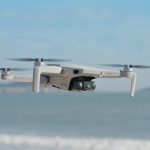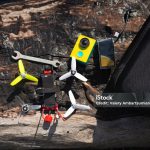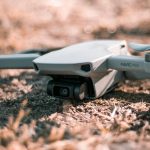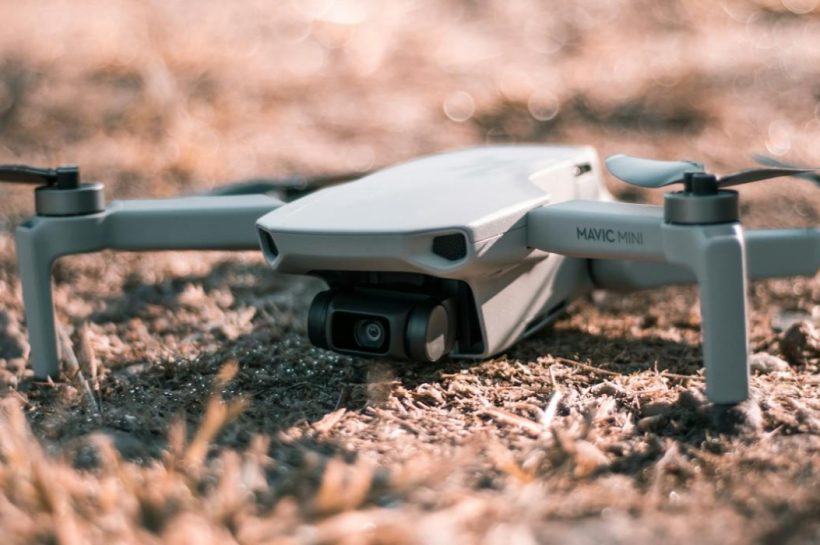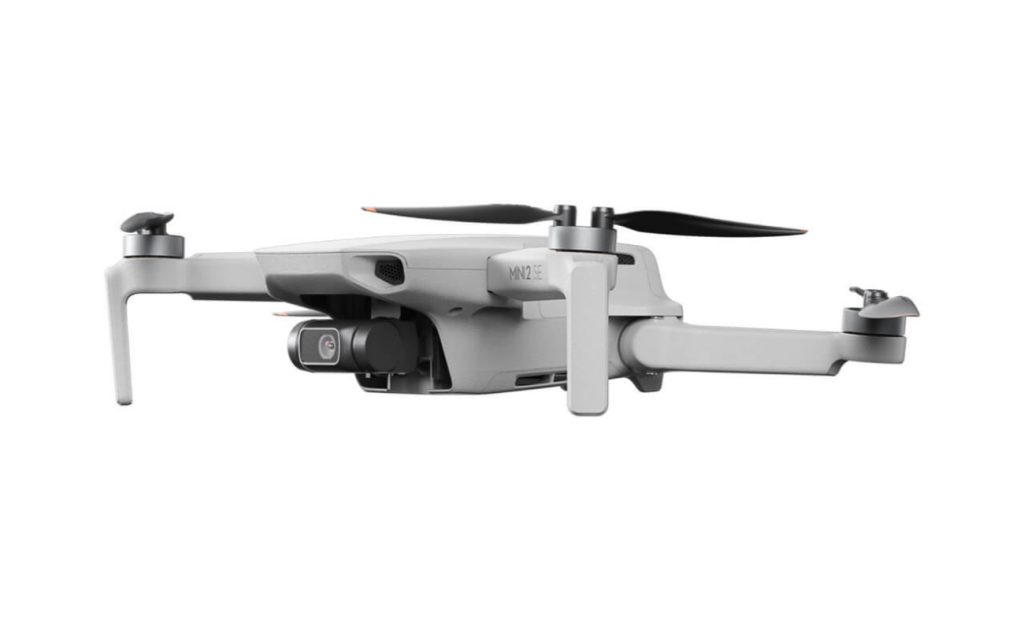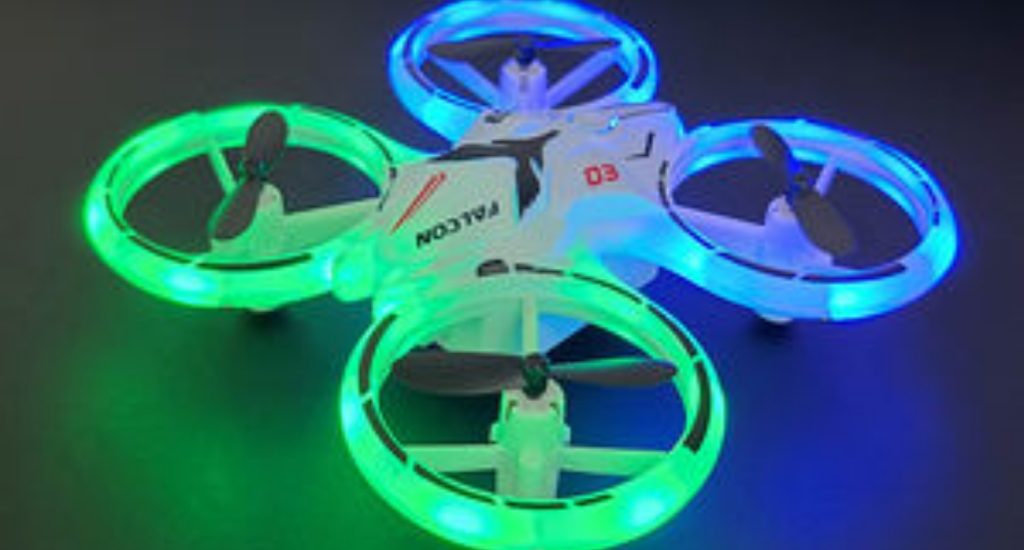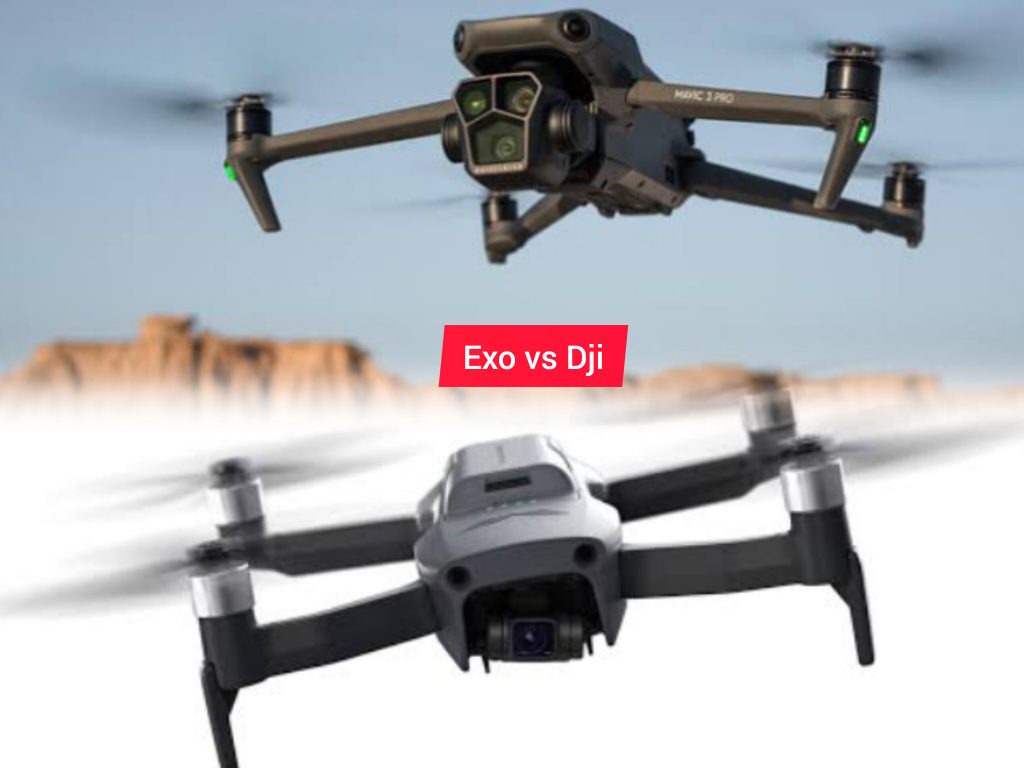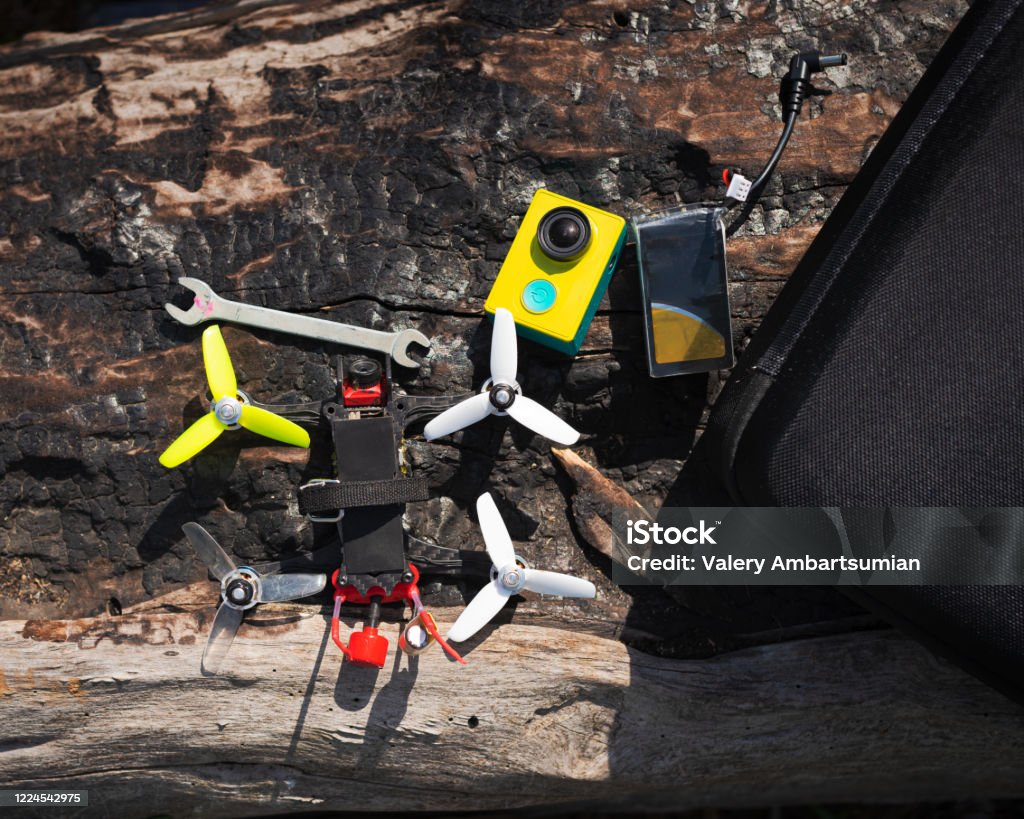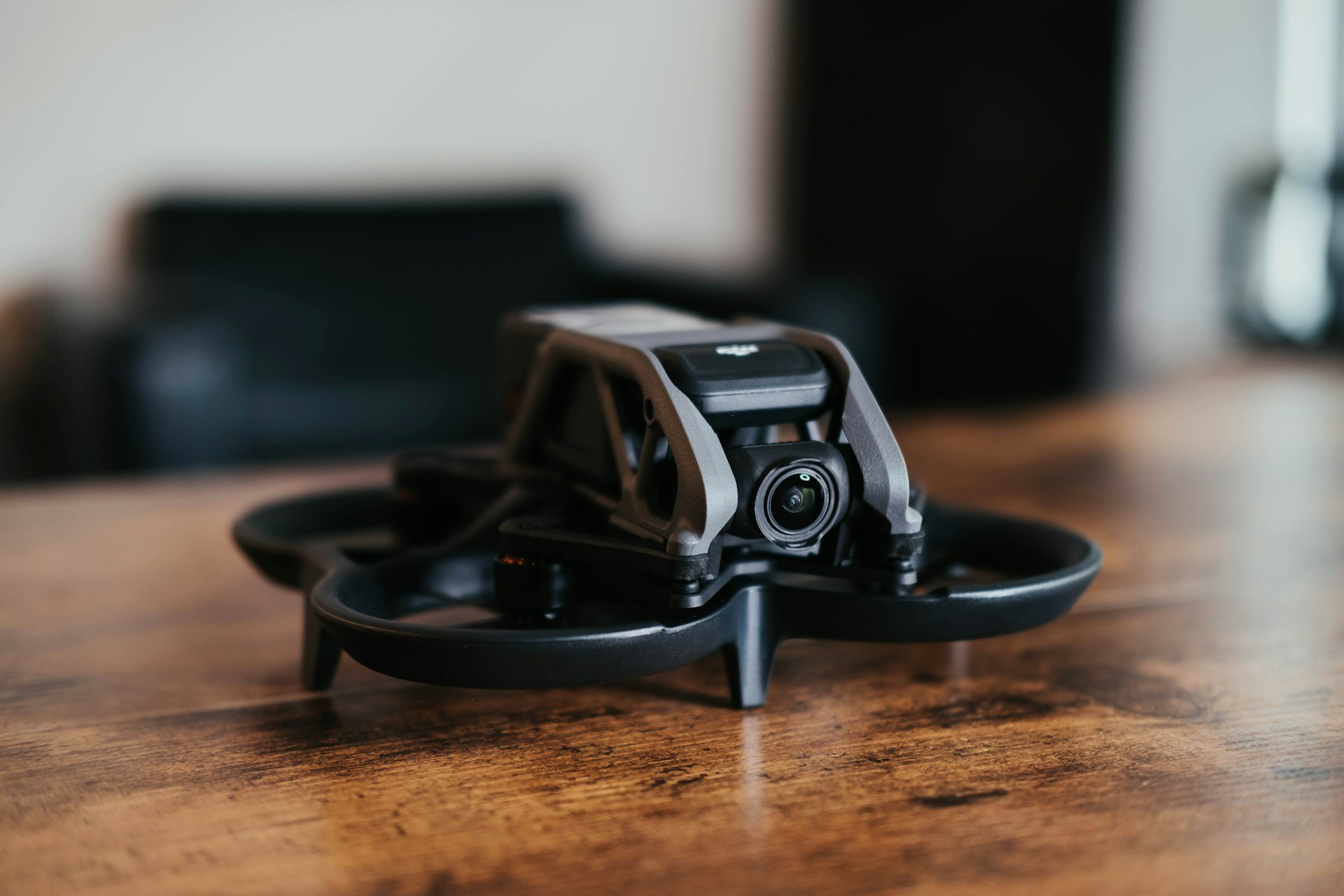In recent years, drones or unmanned aerial vehicles (UAVs) have become a key tool for military operations and intelligence gathering. But the use of drones is not limited to military applications. They have been used in a variety of non-military contexts, including environmental monitoring, search and rescue operations, and even for commercial purposes. However, the growing use of drones raises questions about their impact on global politics and their potential for disrupting international relations. In this post, we will explore the geopolitical impact of drones and their implications for diplomacy. We will examine the ways in which drones are changing the nature of modern warfare, their role in counter-terrorism efforts, and the ethical and moral questions surrounding their use. Join us as we delve into the fascinating world of unmanned diplomacy and explore the complex issues that arise when technology and politics intersect.
Introduction to the use of drones in diplomacy
Drones have revolutionized the field of diplomacy, offering new ways to gather intelligence, conduct surveillance, and even carry out targeted operations without putting human lives at risk. The use of drones in diplomacy has become increasingly prevalent in recent years, with countries around the world leveraging these unmanned aircraft for a variety of purposes.
In the realm of intelligence gathering, drones offer a cost-effective and efficient means of monitoring activities in remote or hostile regions. By providing real-time aerial surveillance, drones enable diplomats and military officials to gather valuable information on potential threats, monitor the movements of adversaries, and assess the impact of ongoing conflicts.
Moreover, drones have also been used to conduct targeted strikes against high-value targets, including terrorist leaders and insurgent groups. With their precision-guided capabilities, drones can deliver surgical strikes with minimal collateral damage, making them a preferred tool for carrying out covert operations in sensitive regions.
Overall, the use of drones in diplomacy has ushered in a new era of technological innovation and strategic advantage for nations seeking to advance their geopolitical interests. As we delve deeper into the impact of drones on international relations, it becomes clear that these unmanned aircraft have the potential to reshape the dynamics of global diplomacy in profound and unprecedented ways.
The evolution of drone technology in geopolitical affairs
The evolution of drone technology has significantly impacted geopolitical affairs, reshaping the dynamics of warfare, surveillance, and security on a global scale. From their humble beginnings as simple remote-controlled aircraft to the sophisticated unmanned aerial vehicles (UAVs) of today, drones have transformed the way nations conduct military operations and gather intelligence.
In the realm of warfare, drones have revolutionized the concept of aerial combat by enabling precision strikes against targets with minimal risk to human pilots. The ability of drones to loiter over a target area for extended periods, gather real-time intelligence, and deliver lethal payloads with unparalleled accuracy has made them indispensable assets in modern military operations.
Moreover, drones have also been instrumental in conducting surveillance and reconnaissance missions, providing governments with valuable insights into enemy movements, infrastructure, and activities. The ability of drones to access remote or hostile areas covertly has made them valuable tools for gathering intelligence and monitoring potential threats.
The proliferation of drone technology has raised concerns about privacy, sovereignty, and the ethical implications of their use in military and civilian contexts. As drones continue to evolve and become more advanced, the geopolitical implications of their proliferation will continue to shape the future of international relations and security policies around the world.
How drones are changing the landscape of modern warfare
Drones, also known as unmanned aerial vehicles (UAVs), have revolutionized modern warfare and are significantly changing the landscape of military strategy and tactics. These advanced technological marvels have the capability to conduct reconnaissance, surveillance, and targeted strikes with unprecedented precision and efficiency.
One of the key ways in which drones are reshaping modern warfare is through their ability to gather critical intelligence in real-time. Equipped with high-resolution cameras and sensors, drones can provide military commanders with valuable information about enemy positions, movements, and activities without putting soldiers at risk. This intelligence-gathering capability allows for more informed decision-making and strategic planning, ultimately leading to more effective military operations.
Moreover, drones have the capacity to carry out precision strikes against high-value targets with minimal collateral damage. By using guided missiles or bombs, drones can accurately target specific individuals or infrastructure, reducing the risk of civilian casualties and minimizing the overall impact of military operations. This precision-strike capability has fundamentally changed the way military campaigns are conducted, allowing for more targeted and efficient use of force.
Overall, the advent of drones has ushered in a new era of warfare, where advanced technology plays a central role in shaping military tactics and strategies. As drones continue to evolve and become more sophisticated, their impact on the geopolitical landscape is likely to expand, influencing how conflicts are fought and resolved in the modern world.
The benefits of using drones in diplomacy
Drones have revolutionized the field of diplomacy, offering a myriad of benefits that have reshaped how countries interact on the global stage. One of the key advantages of using drones in diplomacy is their ability to gather intelligence swiftly and discreetly. These unmanned aerial vehicles can provide valuable information on a country’s activities without risking the lives of human operatives, making them a safer and more efficient option for reconnaissance missions.
Moreover, drones offer enhanced capabilities for monitoring borders and tracking movements, allowing nations to bolster their security measures and respond promptly to potential threats. In crisis situations, drones can provide vital situational awareness, aiding decision-makers in formulating effective strategies and responses.
Additionally, drones play a crucial role in humanitarian efforts, delivering aid to remote or inaccessible areas quickly and efficiently. These unmanned aircraft can transport medical supplies, food, and other essential resources to populations in need, especially during natural disasters or conflict situations.
Furthermore, the use of drones in diplomacy can facilitate communication and engagement between nations, fostering dialogue and cooperation on shared challenges such as climate change, terrorism, and public health crises. By leveraging drone technology, countries can enhance their diplomatic efforts and promote peace and stability in the international arena.
Ethical considerations and controversies surrounding drone usage
As the use of drones becomes more prevalent in various sectors, including military operations, surveillance, and even delivery services, ethical considerations and controversies surrounding their usage have come to the forefront of discussions. The ethical implications of drones are complex and multifaceted, raising questions about privacy, accountability, and the potential for misuse.
One of the primary ethical concerns related to drones is the issue of privacy. Drones equipped with cameras can capture images and videos from the sky, raising concerns about unauthorized surveillance and the invasion of individuals’ privacy. There are also questions about who has access to the data collected by drones and how it is being used, which can have significant implications for civil liberties and human rights.
Another ethical dilemma surrounding drone usage is the issue of accountability. Drones can be operated remotely, often from thousands of miles away, blurring the lines of responsibility when it comes to the consequences of their actions. This raises questions about who should be held accountable for any harm caused by drones, particularly in military contexts where civilian casualties may occur.
Additionally, the potential for misuse of drones poses a significant ethical challenge. Drones can be weaponized and used for targeted killings, surveillance of populations, or other nefarious purposes. The lack of clear guidelines and regulations governing drone usage can create opportunities for abuse and exploitation, highlighting the need for ethical frameworks to guide their deployment.
Overall, the ethical considerations and controversies surrounding drone usage underscore the importance of thoughtful and responsible decision-making when it comes to implementing drone technology. Balancing the benefits of drones with the potential risks and ethical challenges they pose is essential to ensure that their impact on society is positive and constructive.
Case studies of drone diplomacy in action
Drones have revolutionized the landscape of diplomacy, providing nations with new tools to navigate complex geopolitical challenges. Through case studies of drone diplomacy in action, we can gain valuable insights into how these unmanned aerial vehicles have reshaped international relations.
One such case study is the targeted drone strike that eliminated a key terrorist leader in a remote region, disrupting extremist networks and bolstering national security. This display of precision and effectiveness showcased the strategic advantage of drones in combating transnational threats.
In another instance, drones have been utilized for humanitarian purposes, delivering aid to inaccessible regions during natural disasters or conflict. By providing critical supplies and surveillance capabilities, drones have facilitated relief efforts and saved lives in crisis situations.
Moreover, the use of drones for surveillance and reconnaissance has enabled nations to monitor borders, track illicit activities, and gather intelligence without risking human lives. This proactive approach to security has enhanced situational awareness and deterred potential threats.
Overall, these case studies highlight the multifaceted applications of drones in diplomacy, demonstrating their potential to shape global interactions, promote stability, and protect national interests in an ever-evolving geopolitical landscape.
The impact of drones on international relations
Drones have revolutionized military operations, intelligence gathering, and surveillance capabilities, but their impact extends far beyond the battlefield. In the realm of international relations, drones have introduced a new dynamic that challenges traditional norms and raises complex ethical and legal questions.
One of the key impacts of drones on international relations is the way they have blurred the lines between war and peace. With the ability to carry out targeted strikes in remote areas without putting boots on the ground, drones have enabled countries to conduct military operations with minimal risk to their own personnel. However, this has also raised concerns about the legality and morality of using lethal force in areas where traditional rules of engagement may not apply.
Furthermore, the proliferation of drone technology has sparked debates about sovereignty and the right to self-defense. As drones can cross borders with ease and carry out precision strikes against targets in foreign countries, the question of when and how force should be used has become increasingly complex. This has led to tensions between states as they navigate the delicate balance between security concerns and respect for international law.
Overall, the impact of drones on international relations is multifaceted and continues to evolve as technology advances and new challenges emerge. Understanding and addressing these complexities will be crucial in shaping the future of diplomacy and global security in the age of unmanned warfare.
Challenges and limitations of drone diplomacy
As we delve into the realm of drone diplomacy, it is essential to acknowledge the challenges and limitations that come hand in hand with this innovative approach to international relations. One of the primary challenges is the potential for drones to be perceived as a violation of sovereignty by the nations in which they operate. This could lead to diplomatic tensions and strained relationships between countries.
Moreover, the lack of human presence in drone operations raises concerns about accountability and transparency. Without direct human oversight, there is a risk of errors in decision-making and potential misuse of drones for covert operations or targeted killings.
Another significant limitation is the reliance on technology, which is susceptible to technical failures and cyber vulnerabilities. A malfunctioning drone or a successful hacking attempt could have serious consequences, leading to unintended actions or compromising sensitive data.
Furthermore, ethical considerations surrounding drone warfare and the implications of civilian casualties cannot be overlooked. The use of drones in military operations raises moral dilemmas and questions about the legality of targeted killings and collateral damage.
In conclusion, while drone diplomacy offers new opportunities for surveillance, reconnaissance, and targeted strikes, it is crucial to address the challenges and limitations to ensure that this technology is used responsibly and in accordance with international law and ethical standards.
Future implications and trends in drone technology for diplomacy
As drone technology continues to advance at a rapid pace, its implications on diplomacy and international relations are becoming increasingly significant. The future of drones in diplomacy holds great potential for reshaping traditional power dynamics and global interactions.
One key trend to watch is the increasing autonomy and intelligence of drones. As artificial intelligence and machine learning capabilities improve, drones are becoming more sophisticated in their ability to make decisions and carry out tasks autonomously. This raises important questions about the ethical and legal implications of using drones in diplomatic contexts, particularly in situations where human lives are at stake.
Another important trend is the proliferation of drones among both state and non-state actors. As drones become more accessible and affordable, they are being used by a wide range of actors, from government agencies to terrorist organizations. This democratization of drone technology has the potential to level the playing field in diplomatic negotiations and conflicts, as smaller actors gain the ability to project power and influence through drone capabilities.
Overall, the future implications of drone technology for diplomacy are complex and multifaceted. As drones become more integrated into diplomatic and military strategies, it will be crucial for policymakers and international organizations to navigate these challenges and opportunities in order to ensure a stable and secure global order.
Conclusion: The role of drones in shaping the future of global politics
In conclusion, the role of drones in shaping the future of global politics is undeniable. As unmanned aerial vehicles continue to advance in technology and capabilities, their impact on diplomatic relations, military strategies, and international security is becoming increasingly profound.
Drones have changed the landscape of warfare, enabling precise strikes and surveillance capabilities that were previously unimaginable. This has led to a shift in traditional power dynamics, with both state and non-state actors leveraging drones to assert influence and project power on a global scale.
Furthermore, the use of drones in counterterrorism operations and border security has raised complex ethical and legal questions, challenging established norms of warfare and sovereignty. The proliferation of drone technology has also sparked concerns about the potential for misuse and the need for robust international regulations to govern their use.
As we look to the future, it is clear that drones will continue to play a critical role in shaping global politics. It is essential for policymakers, military leaders, and diplomats to engage in thoughtful discussions and collaborations to navigate the complexities of this evolving landscape and ensure that the use of drones aligns with international norms and values. Only through responsible and strategic deployment of drone technology can we harness its potential for positive impact on global security and diplomacy.
In conclusion, the exploration of the geopolitical impact of drones in the realm of diplomacy is a complex and intriguing subject. As unmanned aerial vehicles continue to play a significant role in international relations, it is crucial for policymakers, diplomats, and scholars to understand the implications of their use. Drones have the potential to reshape the dynamics of diplomacy and conflict resolution, and it is essential to carefully consider the ethical, legal, and strategic implications of their deployment. By delving into the nuances of unmanned diplomacy, we can gain deeper insights into the evolving landscape of global politics and security.
